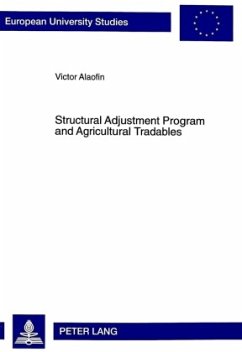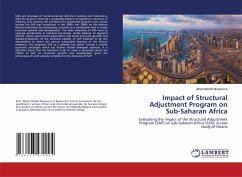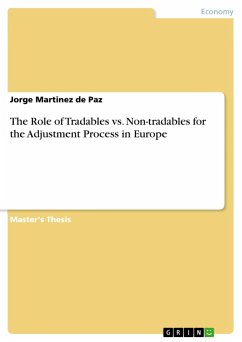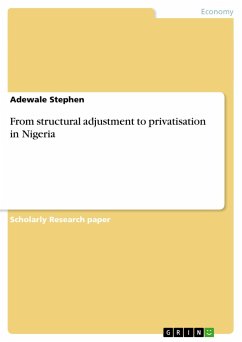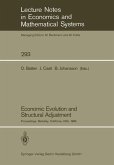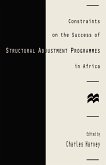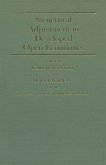The IMF/World bank Structural Adjustment Programmes (SAP) have been the subject of intense academic debate since their wide adoption, particularly in Sub-Saharan African countries. The present study analyses the effects of the SAP on tradable agriculture in Nigeria using the example of cocoa farming. Based on the dependent economy framework, the study examines how far economic prerequisites required for the successful structural transformations were met in the Nigerian case. Questions relating to the magnitude and length of real devaluation were empirically investigated. Furthermore, the quantum of changes in relative incentives between agricultural tradables and non tradables were analysed using the policy analysis matrix. The study also examined the factors that constrain the achievement of intended policy objectives. These include among others, dualistic institutional regulations and the effects of multiple exchange rates. Based on the findings, policy reforms were then suggested.
Bitte wählen Sie Ihr Anliegen aus.
Rechnungen
Retourenschein anfordern
Bestellstatus
Storno

